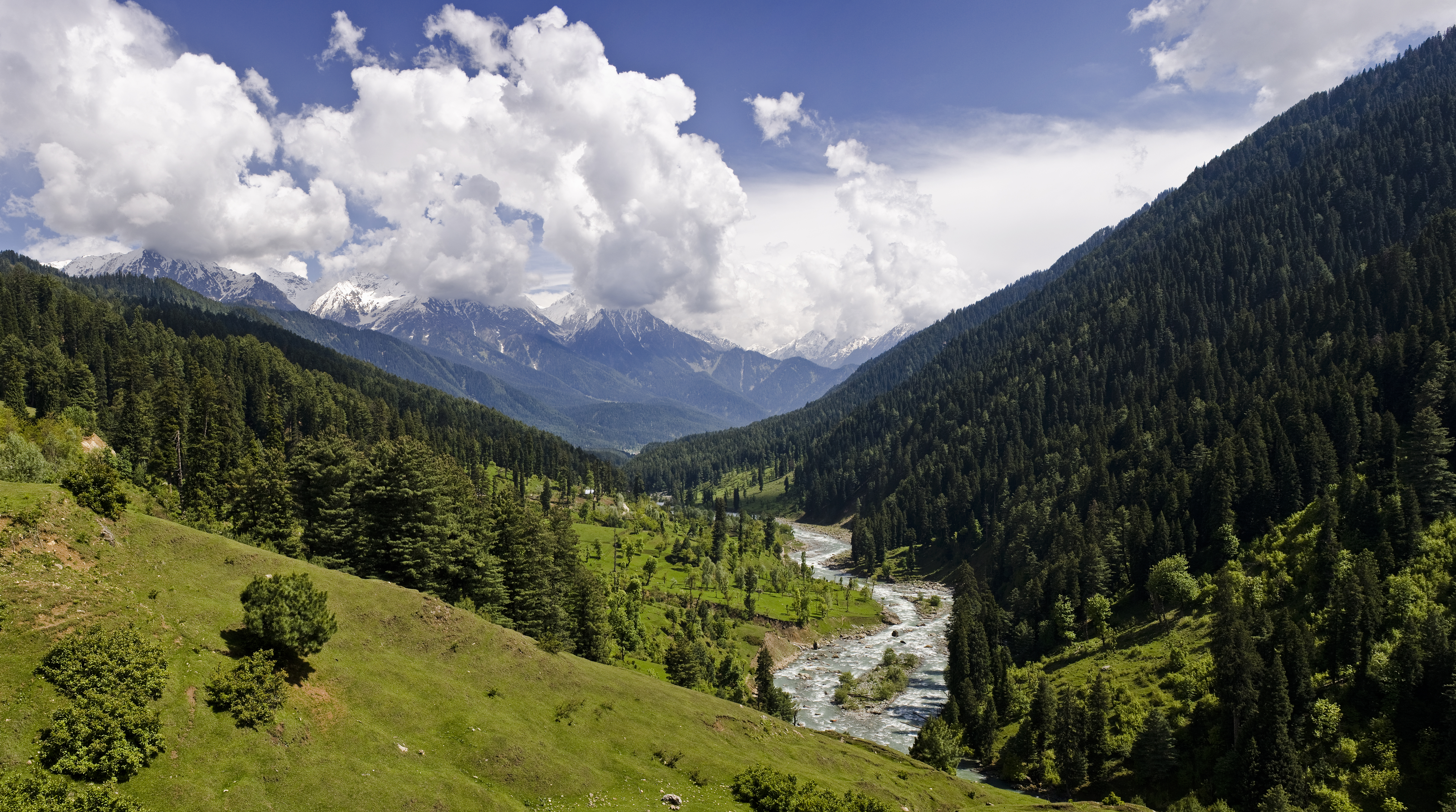
Omar Abdullah's remarks come after several high-level discussions, as both regional leaders and national political figures weigh in on the future of the region. The Vice President expressed optimism about the passage of the resolution, underscoring that it will be one of the government’s top priorities. He emphasized that the resolution would call upon the Centre to fulfill the commitments made by senior government officials, including Prime Minister Narendra Modi and Home Minister Amit Shah, who had previously outlined a three-step process for Jammu and Kashmir—delimitation, elections, and the restoration of statehood. With the first two steps already completed, the demand for statehood is seen as a logical progression.
Farooq Abdullah, President of the JKNC, also voiced his support for this agenda. Addressing a gathering of party workers, he reaffirmed that the restoration of statehood is a non-negotiable issue. Abdullah highlighted that Jammu and Kashmir had enjoyed statehood prior to 2019, distinguishing it from other Union Territories like Delhi, which was never promised statehood. He further stated that the people of Jammu and Kashmir have been waiting for their statehood to be restored, following promises made by the highest officials in the country.
As part of their political strategy, the JKNC-Congress alliance aims to expedite the process of restoring statehood by engaging with the Centre, advocating for a cooperative approach rather than confrontation. Omar Abdullah stressed the importance of collaboration between the state government and the Centre to ensure that the restoration process moves smoothly, avoiding the political deadlock often seen in other regions. He made it clear that the first step would be to pass the resolution in the cabinet meeting and subsequently present it to the prime minister.
The abrogation of Jammu and Kashmir’s special status in 2019 and the region’s bifurcation into two Union Territories—Jammu and Kashmir, and Ladakh—triggered widespread debates and unrest. Although the situation has since stabilized, the demand for the reinstatement of statehood remains a politically sensitive issue. Leaders from various political parties, including the People’s Democratic Party (PDP) and the JKNC, have repeatedly emphasized that the statehood of Jammu and Kashmir is vital for maintaining its unique political and cultural identity.
Political analysts suggest that the restoration of statehood could also have wider implications for the region’s governance. While Union Territories have limited legislative powers, statehood would provide Jammu and Kashmir with greater autonomy, enabling local leaders to exercise more authority over critical issues such as land rights, law and order, and economic policies. It would also signal the Centre’s commitment to fulfilling its promises, potentially easing tensions in the politically volatile region.
The Centre, however, has yet to make any official statements about when or how statehood might be restored. While Home Minister Amit Shah has acknowledged the demand, his assurances have remained vague, with no concrete timeline provided for the restoration. In previous statements, he reiterated that the Centre would consider statehood restoration only after the completion of the electoral process. Now, with the elections held and a new government in place, pressure is mounting on New Delhi to take the final step.
Some observers believe that the passage of the resolution in the Jammu and Kashmir cabinet could be a turning point in the Centre’s decision-making process. The resolution is likely to have significant political and legal implications, potentially reopening debates over the broader constitutional framework governing Jammu and Kashmir. It may also influence the future relationship between the region’s political elite and the central government, particularly in terms of negotiating greater autonomy and political rights.
